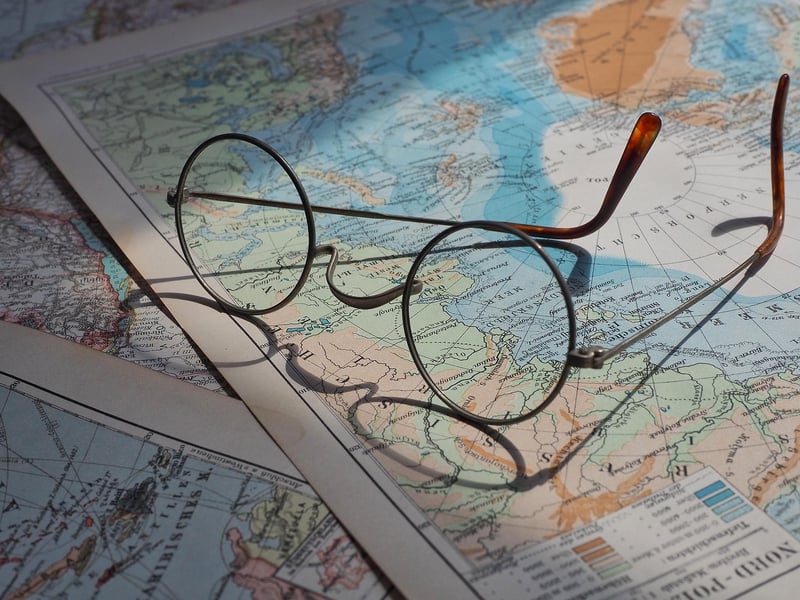Budgeting
Organize Your Trip + Budgeting
Introduction
Planning a trip can be both exciting and overwhelming. To make the most of your travel experience, it's essential to organize your trip effectively and establish a budget to ensure you stay within your financial means. Here are some tips to help you plan your trip and manage your expenses efficiently.
1. Destination Selection
Choose a destination that aligns with your interests and budget. Consider factors like transportation costs, accommodation options, and activities available at the destination. Research the weather conditions and local customs to prepare adequately.
2. Itinerary Planning
Create a detailed itinerary that includes transportation arrangements, accommodation bookings, sightseeing activities, and free time for exploration. Prioritize must-see attractions and allocate time for relaxation to avoid burnout.
3. Accommodation Options
Explore various accommodation options such as hotels, hostels, vacation rentals, or homestays. Compare prices, amenities, and locations to find the best fit for your trip. Consider loyalty programs or discounts for potential cost savings.
4. Transportation
Research transportation options at your destination, including flights, trains, buses, or car rentals. Book tickets in advance to secure lower prices and explore public transportation for budget-friendly travel within the city.
5. Dining and Food Expenses
Set a daily food budget and explore local eateries for authentic culinary experiences. Consider purchasing groceries for some meals to save money and indulge in occasional dining treats as part of your travel experience.
6. Activity Planning
Research activities and attractions at your destination to estimate entrance fees and excursion costs. Look for discounts or combo tickets to save on multiple attractions. Prioritize experiences that align with your interests and budget.
7. Emergency Fund
Allocate a portion of your budget as an emergency fund for unexpected expenses like medical emergencies, lost belongings, or itinerary changes. Having a financial buffer can provide peace of mind during your travels.
8. Souvenirs and Shopping
Set aside a specific budget for souvenirs and shopping to avoid overspending on impulse purchases. Explore local markets and shops for unique items that hold sentimental value and remember to bargain for the best deals.
Conclusion
By organizing your trip effectively and budgeting wisely, you can enjoy a memorable travel experience without the stress of overspending. Plan ahead, prioritize your expenses, and remain flexible to make the most of your journey. Bon voyage!


